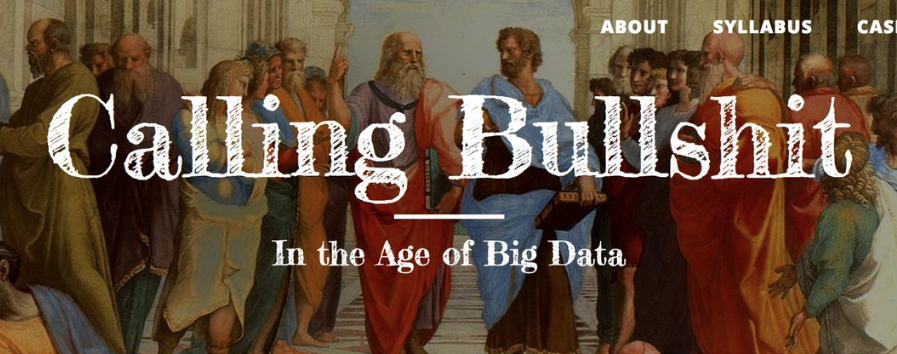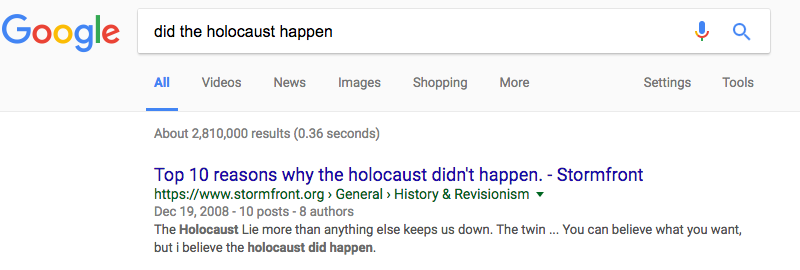For a few years, many people—those who might these days be called a “self-satisfied liberal elite” (or something like that)—believed that the arguments in Edward Said’s 1978 book Orientalism were becoming generally accepted. Put broadly, Said argued that our conceptions of cultural and historical differences between “the West” and “the East” are produced by European intellectual and literary traditions that have exaggerated and distorted such differences, creating a narrative in which “the West” is civilized, disciplined, industrious, and enlightened and “the East” is exotic, backward, sensualist, lazy, passive, dangerous, irrational.…
The tradition of Orientalism—which stretches back into the middle ages—came to justify colonialism, land and resource theft, slavery, and imperial aggression in the name of civilization and salvation, Even where European Orientalist scholars and writers had a nuanced understanding of other cultures, such nuance was lost in the popularizing and instrumental use of their ideas.
Said’s theoretical intervention into Orientalist discourse showed us how the “clash of civilizations” trope that pervades hundreds of years of interactions between “the west and the rest” of the world itself has a history—as a rationalization for dominance and exploitation. The short animated Al Jazeera video above neatly summarizes Said’s major arguments in the book, and asks us to “unlearn the myth.”
Casting West and East as two distinct civilizations makes little common sense on its face. Christianity, one key supposed bedrock of Western Civilization, is an Eastern religion. Aristotle, a foundation of Western thought, was preserved for many years by Islamic scholars, who were in frequent dialogue with Greek thinkers, who were themselves in frequent dialogue with North Africans…. the interrelationships and correspondences between continents and cultures are innumerable, the boundaries between the categories highly permeable. But with the rise of what we’re calling “populism” in the past decade or so, the nuances of intellectual history have been lost. Old false dichotomies, always haunting the margins, have once again moved firmly to the center.
In the realm of cable news punditry, corporate security conferences, and congressional committees not only do we rarely see actual scholars represented, but we almost never see scholars like Edward Said, a Palestinian intellectual who spoke and wrote critically as a person from the Middle East with expertise in Western literature and history. This fact is itself central to the construction of Orientalist discourse, as Said wrote in 1978:
The Orient and Islam have a kind of extrareal, phenomenologically reduced status that puts them out of reach of everyone except the Western expert. From the beginning of Western speculation about the Orient, the one thing the Orient could not do was to represent itself.
We can accept nothing about “the East,” in other words, unless it is first filtered through the lenses of Euro-American administrative “experts,” who often have extremist views, very little scholarly expertise, and whose ideas often still come directly from Orientalist novels and philosophies.
Said’s theories in Orientalism have received ample criticism from across the political spectrum. He’s been cast by the right as a kind of reverse racist against “Caucasians,” an anti-intellectual accusation that distorts his views and makes ad hominem attacks. Said traced Euro-American colonial history with a level of depth that demonstrated the remarkable continuity in the way major European colonial powers and the U.S.—their successor by the late 20th century—constructed ideologies of exceptionalism and superiority through very similar rhetoric.
For a slightly drier overview of Said’s Orientalism, watch the short video above from educational company Macat, a self-described “global leader in critical thinking.” Neither of these explainers can substitute for actually engaging with the arguments in Said’s book. His history of Orientalist fables is itself an adventurous tale. As a literary product, “the Orient was almost a European invention,” he writes in his Introduction, yet as a region, it “is an integral part of European material civilization and culture.” There is no one without the other.
Related Content:
Edward Said Recalls His Depressing Meeting With Sartre, de Beauvoir & Foucault (1979)
Clash of the Titans: Noam Chomsky & Michel Foucault Debate Human Nature & Power on Dutch TV, 1971
Middle Eastern History: Free Courses
Josh Jones is a writer and musician based in Durham, NC. Follow him at @jdmagness



